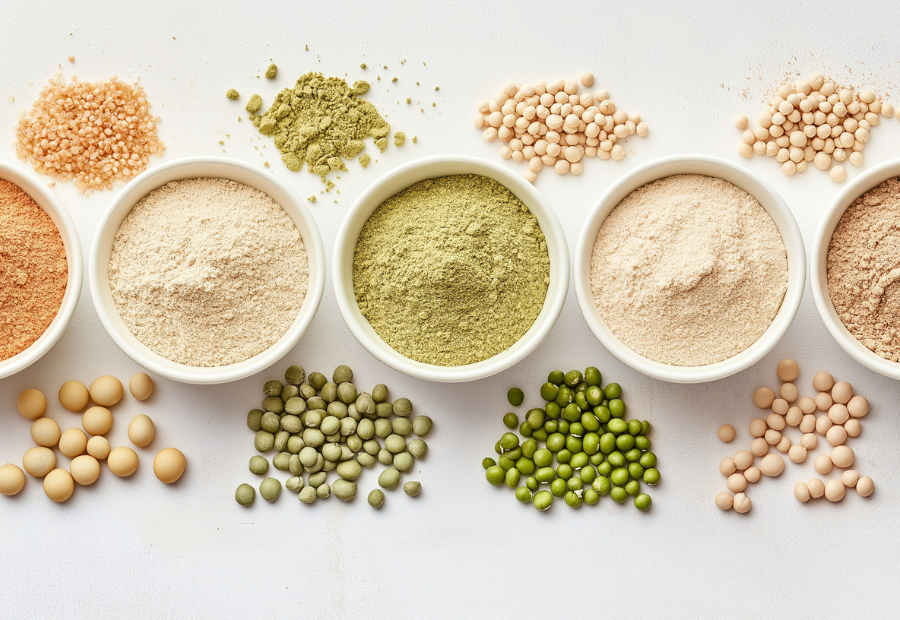When comparing tincture vs extract, the best choice depends on your specific needs.
Extracts are generally more potent and offer a broader spectrum of benefits, at a
significantly lower cost, their concentration and their ability to be alcohol-free or have
very low 12-15% organic alcohol. This makes them ideal for those seeking maximum
efficacy or who wish to minimize alcohol intake.
